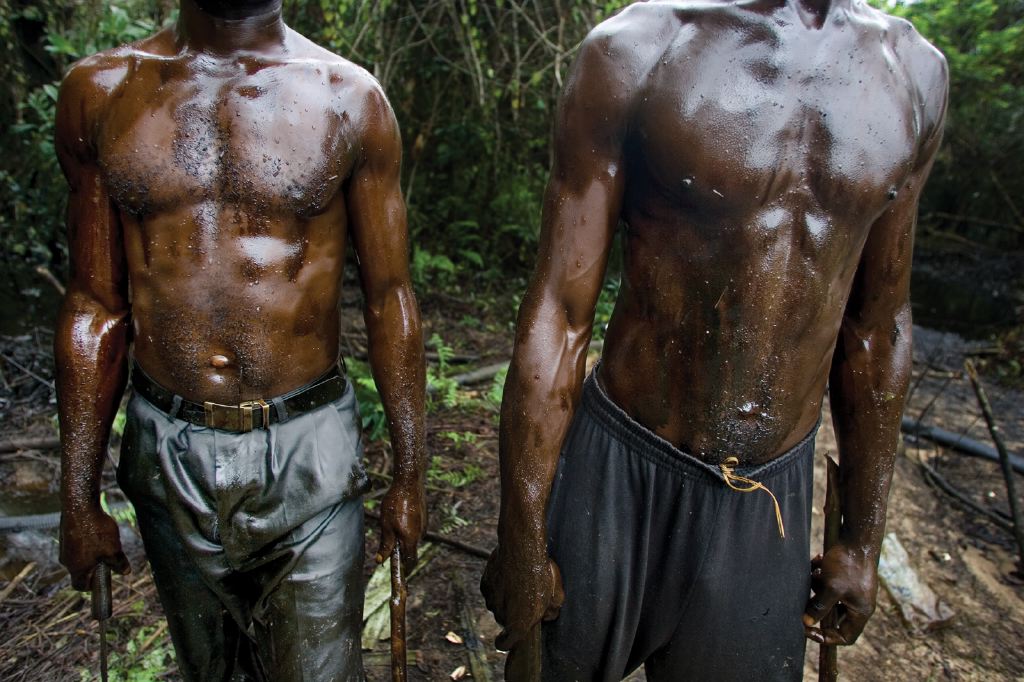When Kyrgyzstan has valuable military bases and no turmoil, the United States and Russia are willing to shower Kyrgyzstan with goodies and promises, but when Kyrgyzstan is teetering on the brink of collapse and bloody ethnic war in the south (200 dead, 300,000 refugees within one week), suddenly nobody’s interested in Kyrgyzstan any more. Fascinating how that works…
The United States, overextended in Afghanistan and Iraq, has neither the appetite nor the motivation for a new commitment. Russia, the more obvious player, sees the risks of a deployment outweighing the benefits. Russian troops would enter hostile territory in south Kyrgyzstan, where Mr. Bakiyev’s supporters blame Moscow for his overthrow, and Uzbekistan could also revolt against a Russian presence.
Mr. Vlasov, of Moscow State University, said: “Who are we separating? Uzbeks from Kyrgyz? Krygyz from Kyrgyz? Kyrgyz from some criminal element? There is no clearly defined cause of this conflict. It would be comparable to the decision the Soviet Politburo made to invade Afghanistan — badly thought through, not confirmed by the necessary analytical work.”
If the explosion of violence was a test case for the Collective Security Treaty Organization, an eight-year-old post-Soviet security group dominated by Russia, it seems to have failed, its leaders unwilling to intervene in a domestic standoff. In any case, neither the Russian public nor its foreign policy establishment is pressing the Kremlin to risk sending peacekeepers.
There are concerns that the area could become a breeding ground for radical Islamic militancy as a self-defense mechanism, and the whole region could melt down into a transnational conflict like the Balkans in the 1990s if violence ticks up again and spreads. There is a strong cultural-historic divide between the ethnic populations within Kyrgyzstan that reminds me of the former Yugoslavia. Even the ethnic map looks similar to many of the Bosnian War maps.
 Credit: The Economist, 6/17/10
Credit: The Economist, 6/17/10
The Economist this week noted the continuing need for international intervention that doesn’t seem to be coming:
The time for such geopolitical caution is past. The interim government needs and deserves help. Although the bloodletting seemed to be subsiding as The Economist went to press, the misery of the refugees needs to be alleviated. Relief supplies are needed on both sides of the border. The UN’s proposal to set up an “aid corridor” is welcome and urgent. Persuading terrified refugees to go home may require a peacekeeping force, organised either in the region or by the UN. Failure to safeguard the refugees’ return would be to accede in an ethnic cleansing that would set a terrible precedent in Central Asia and beyond. Better to pursue multi-ethnic harmony within Stalin’s hateful legacy than to redraw the map.
Furthermore, as I blogged previously, eyewitnesses (one now with video evidence, reported in The Economist this week) in Uzbek neighborhoods saw regular Kyrgyz troops actively assisting the anti-Uzbek mobs in several cities, either clearing their paths with military vehicles or even joining the shooting of civilians. Thus only an outside peacekeeping force will be sufficient to reassure Uzbek civilians that it is safe to return to their homes or to normal activities. None is on the way.
This post originally appeared at Starboard Broadside.




